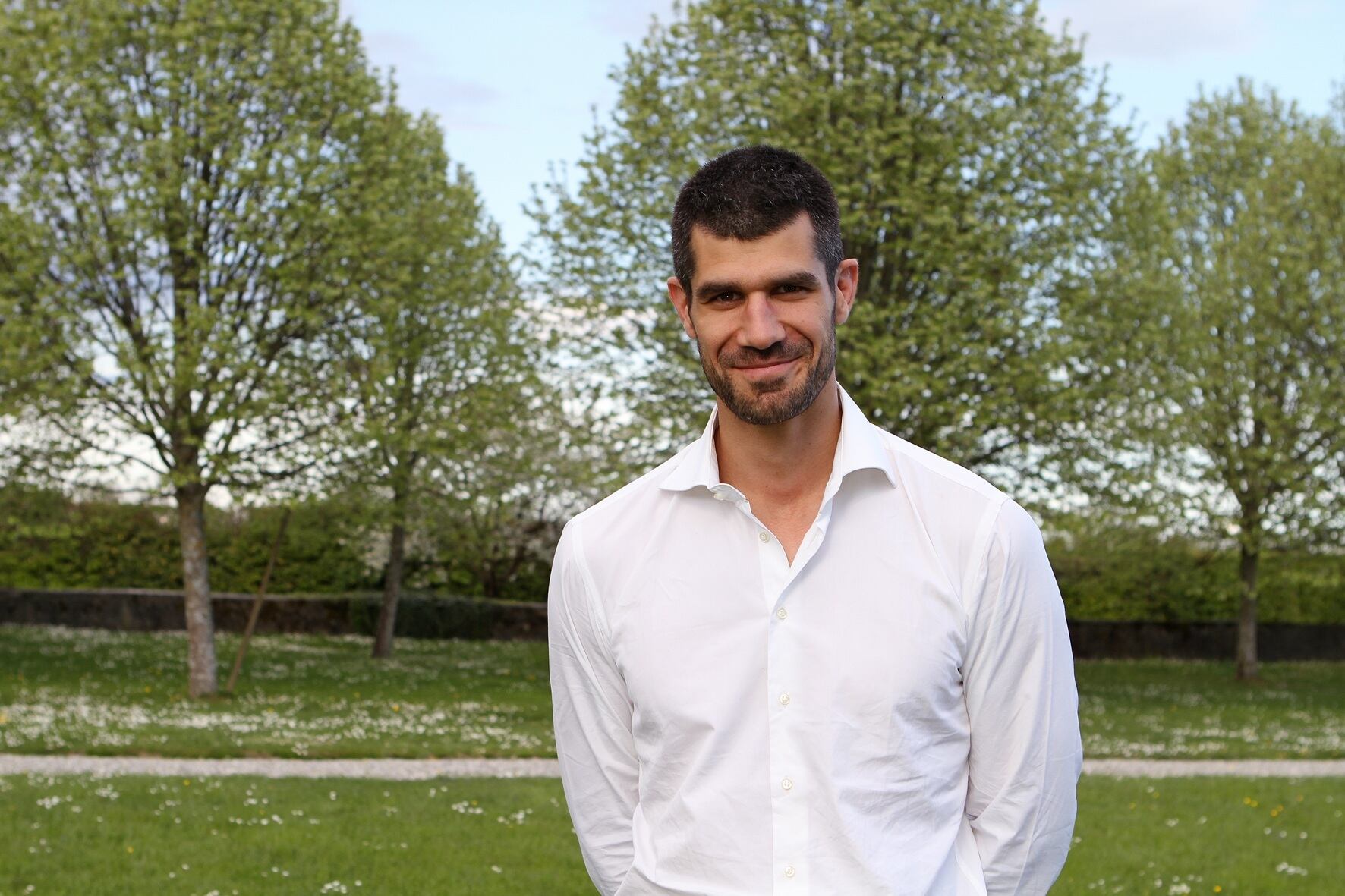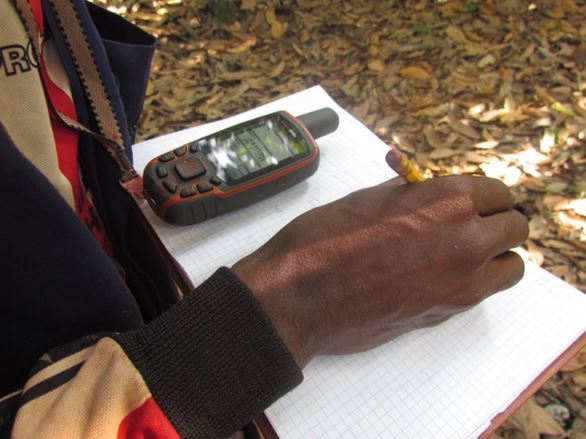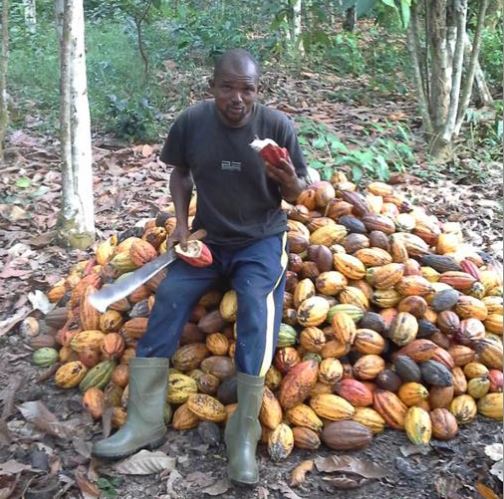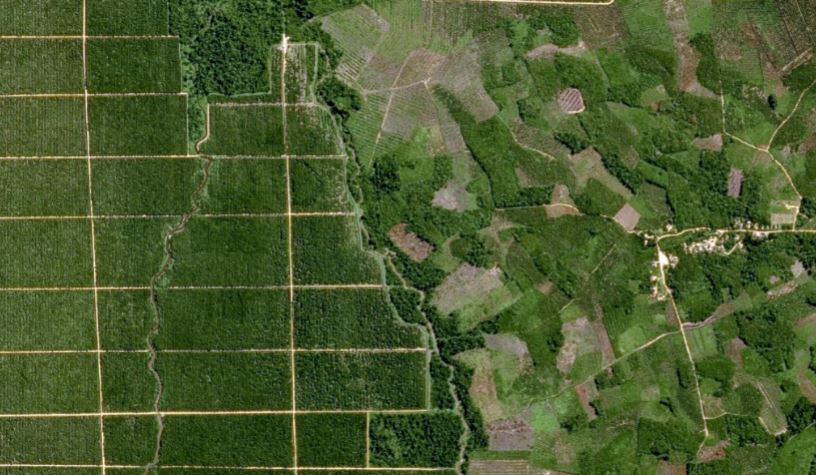The Forest Trust (TFT) has been working with Nestlé, Ferrero, Hershey, Group Roche, Mars and Danone in palm oil, and with Cémoi, Lindt and French retailer Les Mousquestaires in cocoa.
The supply chain advisor is encouraging brands to go beyond certification.
No sustainability without traceability
"I don't believe we can have any sustainability without traceability,” Bastien Sachet, CEO of TFT, told ConfectioneryNews.

"If you have no names behind the tons of cocoa that are shifted in the market, how do these people even exist?”
He said brands must identify the farmers behind their raw materials and collaborate with them to have any hope of curbing deforestation, child labor and extreme poverty.
"What we want to do is make traceability a standard thing that is provided by suppliers - not an option [at a premium],” he said.
Traceability at an added cost
Major cocoa suppliers today have full traceability for an isolated portion of their supply chain and charge brands more to source from their programs or from a certification such as Fairtrade, UTZ or Rainforest Alliance.
Lindt, for example, already has full traceability for its Ghanaian cocoa supply and has committed to 100% traceability for all its cocoa by 2020. It is one of the few chocolate companies to make such a pledge. But it is paying a premium.
"Therefore [for the industry], it can only be done in certain markets [i.e. for chocolate volumes in Europe and North America] that can pay that price premium - I really disagree with that,” said Sachet.

Sachet said suppliers and brands can build a stronger, collaborative relationship with farmers after achieving traceability, from where they can then monitor deforestation and labor practices.
This approach differs from paying cocoa for the cheapest price possible and working through intermediaries, which allows malpractices to thrive, he said.
Cocoa traceability lags behind palm
Sachet said traceability to the mill and sometimes to the plantation is already becoming the norm in palm, but remains in its infancy in cocoa.
Free eBook
TFT's founder published free eBook 'Beyond Certification' in 2015 that suggests ways brands can enhance CSR efforts for raw materials.
Palm traceability became the standard for all Wilmar's customers after Nestlé and Mars pushed for full traceability, said Sachet.
"It's because they had this conversation with the traders and processors and the traders really took ownership as a basic requirement to do business. No premium is being charged for that. In cocoa it is very different,” he said.
Sachet said this was mainly because certification programs have a stronger perception in cocoa.
"The need to move beyond certification is not so strong, so a lot of brands just hide behind the certifications schemes,” he alleged.
Sachet suggested suppliers would provide full traceability as standard, without a premium, if collectively pressured by chocolate makers.
TFT video
Cémoi GPS mapping
TFT has worked with French chocolatier Cémoi to map farms in cooperatives in Côte D'Ivoire.

Farmers initially wanted payment for GPS farm mapping, but soon saw the benefits after TFT had mapped a single farmer’s plantation.
This farmer discovered he had a four-hectare plantation compared to the eight hectares he thought he had. He realized that for the last 10 years, he could have saved a lot of money on fertilizer, labor and other inputs.
"Soon everyone in the village wanted to have their farm mapped,” said Sachet.
The cooperative even saw the value and hired its own technicians to map farms with no added cost to Cémoi.
"This kind of collaboration is not happening today in Côte D’Ivoire,” said Sachet.
”There's no trust. It's a top down approach. I come to you, I build a school, I implement a program, I take GPS points and I ask you questions about how much you eat and how many children you have, and then I go away and I never come back.
“Then I report nice things to the stakeholders of the brand. What then? There's no ownership...nothing changes.
"Our approach is to get conversations to happen at the farm level. As these conversations happen, traceability is a by-product….It doesn't have to cost more," said Sachet.
Verification: Satellites and local communities

Sachet said traceability was the gateway to monitoring and verification, and ultimately to reduced child labor, poverty and deforestation.
TFT has developed a satellite service named 'Starling' to verify deforestation in collaboration with Airbus. It hopes it will provide an alternative or addition to sporadic on-the-ground audits.
Sachet said: "Once you have traceability you can see where deforestation is happening within your supply chain and monitor on a regular basis....you can have weekly monitoring and verification instead of a yearly audit [on select farms].”
Ferrero and Nestlé have already piloted Starling for their palm oil supply chains and the technology was formally launched last week.
TFT is also looking to build what Sachet describes as “the Trip Advisor of social verification” to monitor labor practices in cocoa and palm. He said the incoming system would empower local cocoa and palm growing communities to monitor social practices for brands.
